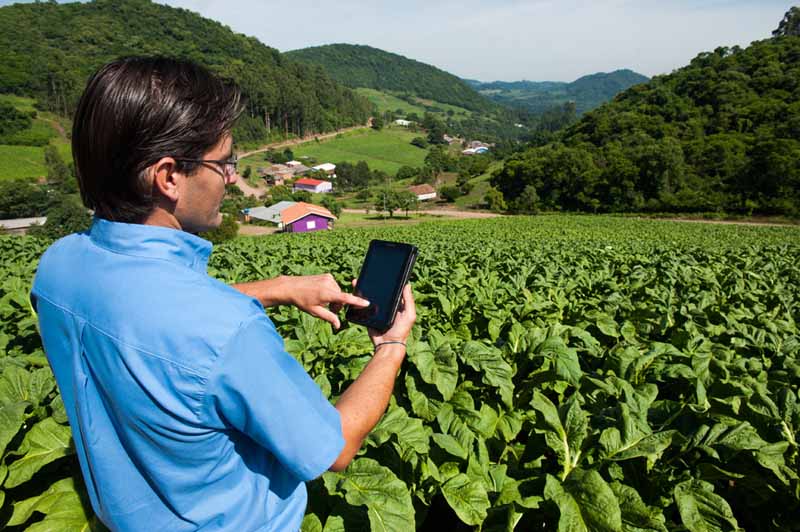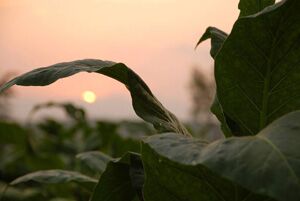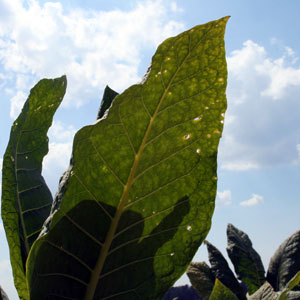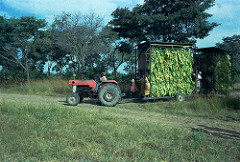Although it is illegal to grow tobacco in Australia, where no commercial production licenses have been issued since 2006, the crop has again become the focus of a multi-million-dollar industry, according to a story by John Ellicott published in The Land.
Criminal syndicates, drawn to the illegal tobacco trade by the soaring prices of cigarettes, are said to have become involved in tobacco farming, and the Australian Taxation Office (ATO) has warned landholders about being approached by individuals wanting to grow tobacco on their farms.
“Whilst we continue to see small farm plots still being used to grow illicit tobacco [primarily in Victoria and New South Wales] we have also seen the emergence of the use of green houses in non-traditional tobacco growing areas,” an ATO spokesperson said.
“There are a number of syndicates involved in the domestic illicit tobacco industry and in some instances [they] have known links to organised crime.”
While smuggling is still the major source for illicit tobacco products entering the domestic retail market, the syndicates are turning more and more to growing their own.
The tobacco is often grown in large paddocks, in fairly open view of the public.
And this is perhaps one of the reasons why there have been six major seizures during the past six months.
On March 22, with the assistance of New South Police, the ATO executed warrants at a property in Cooma, New South Wales, where they destroyed 2,120 kg of leaf tobacco and 26.3 acres of tobacco plants with an estimated excise value of A$11.77 million.
On March 21, with the assistance of Victoria Police, the ATO executed warrants at a property in Macorna, Victoria, where they destroyed 100 kg of leaf tobacco and 15 acres of tobacco plants with an estimated excise value of A$5.8 million.
On January 31, the ATO executed warrants and seized and destroyed 980 kg of tobacco at a property in New South Wales, with an estimated excise value of A$530,000.
On January 17, with the assistance of Victoria Police, the ATO executed warrants at a property near Bacchus Marsh, Victoria, where they seized and destroyed four acres of tobacco plants with a weight of 3,053 kg and an estimated excise value of A$1.52 million.
On December 9, with the assistance of New South Wales Police, the ATO executed warrants at a property in Tahmoor, New South Wales, where they seized and destroyed 114,000 tobacco plants (seedlings) with an estimated excise value of A$8.7 million.
And on November 15, with the assistance of Victoria Police, the ATO executed warrants at a rural property in Eurobin, Victoria, where they seized – from a hot house – and destroyed 123,000 tobacco plants (seedlings) with an estimated excise value of A$10 million.











